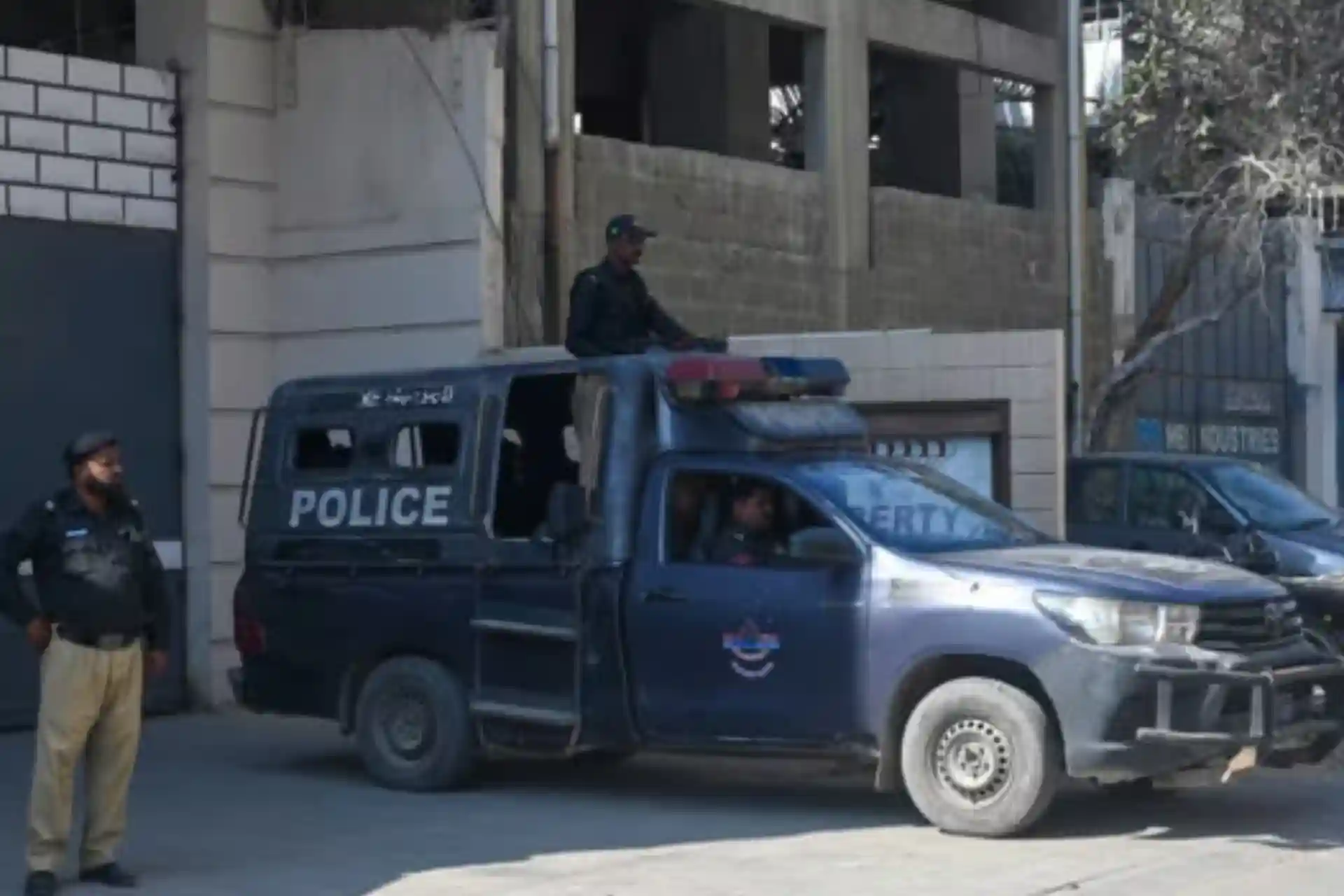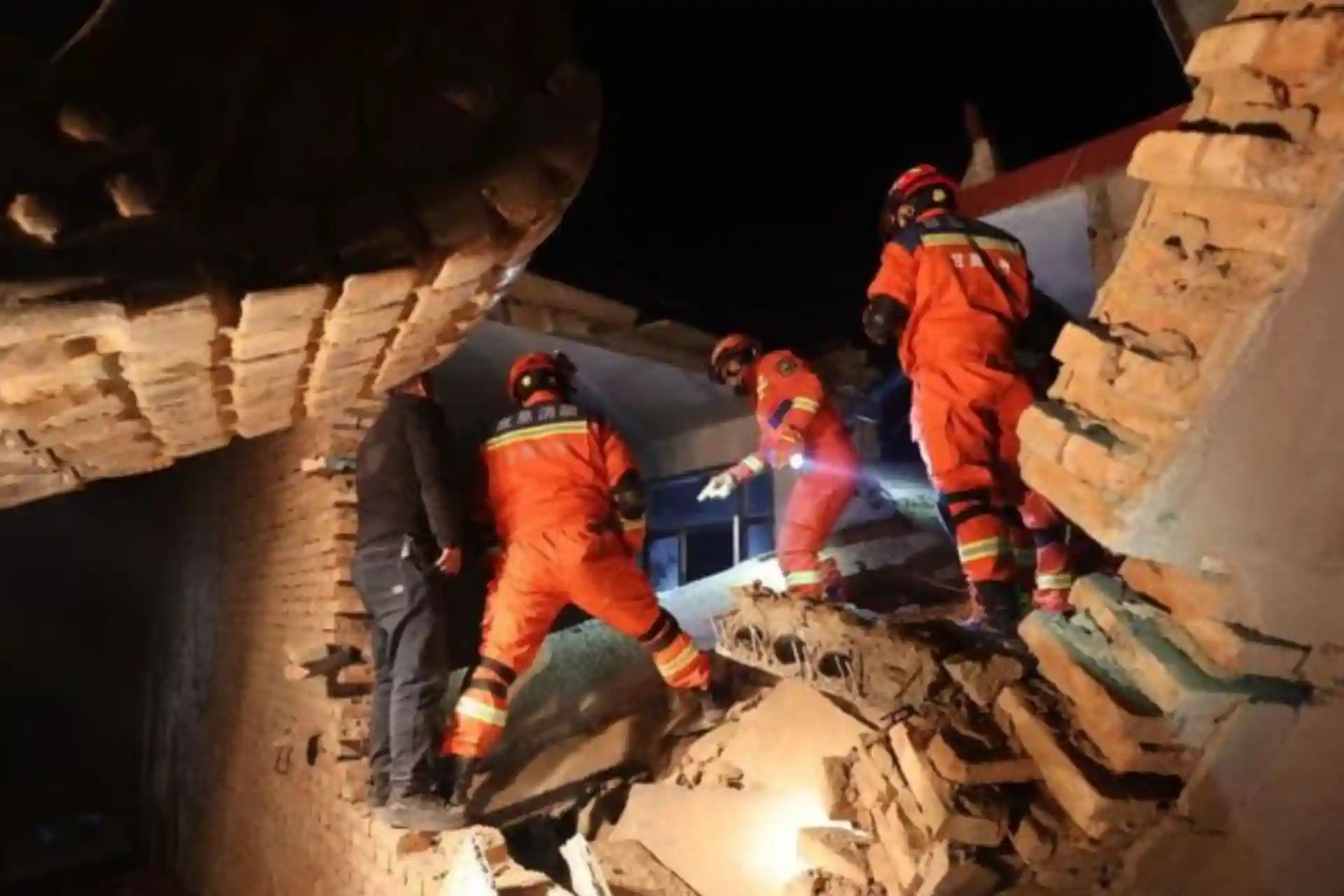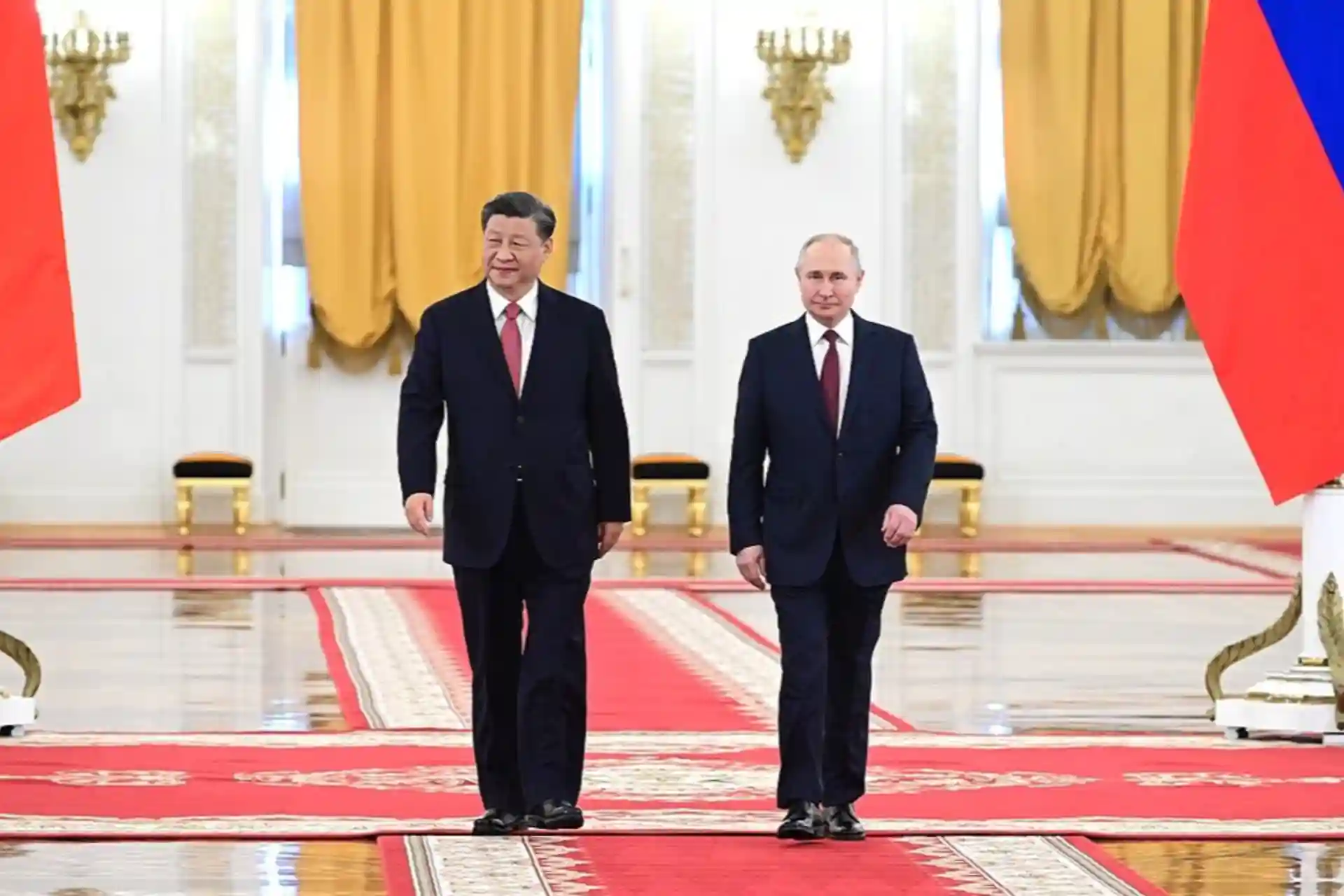26.11.2024 09:28
508
What can the killing of Chinese in Tajikistan and Pakistan lead to?
Recently, there have been frequent attacks on Chinese in Pakistan and Tajikistan, where China is investing billions of dollars. Experts say that such situations may prevent China from making further investments. On the contrary, some observers believe that China may increase military intervention in order to protect its citizens.
Recently, there have been frequent attacks on Chinese citizens in Pakistan and Tajikistan. For example, militants killed seven Chinese workers in Pakistan this year. This month, for the first time, a Chinese citizen was killed in an attack in Tajikistan.
The killing of Chinese citizens shows the growing opportunities for extremist groups in the region, which has long been a hotbed for militants, Azathabar writes.
"The Chinese are disappointed"
Today, thousands of Chinese citizens are working in Pakistan, which is an integral part of the Belt and Road project.
Islamabad has created a special police unit to protect Chinese workers, set up hundreds of checkpoints and erected numerous barriers around megaprojects. But these measures have not stopped attacks on Chinese workers that have increased in recent years.
Experts attribute this largely to weaknesses in Pakistan's security and intelligence services, as well as the growing capacity of the Balochistan Liberation Army, the largest armed group in Pakistan's southwestern Baluchistan province.
"China believes in safe investments, which means it doesn't like controversy surrounding its projects," said Jalal Bazwan, a researcher at China's Zhejiang University.
In Balochistan, an economically poor but energy-rich region, China is implementing dozens of infrastructure, energy and trade projects funded by China. The vast province borders Afghanistan and Iran and is home to the Baloch, an ethnic minority that accuses Islamabad of exploiting the province's natural resources.
In October, militants of the Balochistan Liberation Army killed two Chinese citizens. They were killed in an explosion near the airport of Karachi, the largest city in Pakistan.
In March, a suicide bomber rammed a car bomb into a bus carrying Chinese workers in northwestern Pakistan. Five Chinese were killed. No group has claimed responsibility.
In turn, the combat potential of the Baluchistan Liberation Army, which is considered a separatist militant group, has increased in recent years.
According to estimates, the group consists of about five thousand fighters. After the Taliban came to power in neighboring Afghanistan in 2021, the Balochistan Liberation Army was bolstered by the influx of American weapons into Pakistan.
The Balochistan Liberation Army has developed in recent years using tactics used by militant Islamist groups, such as suicide attacks. The group is also expanding its ranks by recruiting women.
In addition to attacks against Chinese citizens, the Balochistan Liberation Army has also stepped up its attacks against Pakistani security forces.
"Generous donations, taxes and extortion from local projects, as well as the purchase of modern weapons, have helped the Balochistan Liberation Army launch more targeted attacks," said Bahut Baloch, a researcher on militant groups in Balochistan.
Experts say China is concerned that the violence in Balochistan is escalating and that this could hamper its projects in Pakistan.
China announced on November 19 that it will send troops to Pakistan later this month for the first joint military counter-terrorism exercise in five years. On the same day, Pakistan also announced plans to launch a new military offensive against militants in Balochistan.
"There is no doubt that the attacks have increased," said Abdullah Khan, managing director of the Pakistan Institute for Conflict and Security Studies.
THE FIRST ATTACK IN TAJIKISTAN
On November 18, one Chinese citizen was killed and four others were injured as a result of an attack on an enterprise built in cooperation with China in the south of Tajikistan on the border with Afghanistan.
According to sources, the attackers crossed the border into Afghanistan. But it is not yet clear whether they are militants or involved in drug trafficking. Drug trafficking is widespread in the area.
It is said that Chinese citizens worked in the gold mine in Zarbuzi gorge.
The attack was the first fatality of a Chinese national financing major energy and transportation projects in Tajikistan.
The deadly attack highlighted the continuing security challenges on Tajikistan's southern border.
Dozens of extremist groups operate in Afghanistan, including the Islamic State-Khorasan (IS-X), the Islamic Movement of Uzbekistan (IMU) and the Jamaat Ansarullah, which consists mainly of citizens of Tajikistan.
Edward Lemon, an expert on Central Asia at Texas A&M University, said that China has long been concerned about the security of its projects in Tajikistan. Beijing has invested heavily in strengthening Tajikistan's security forces.
"I don't think this attack will harm Chinese investment, but rather strengthen China's role in the security of the country," he said.



